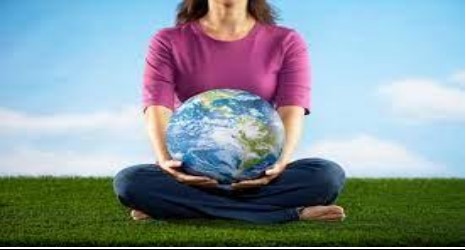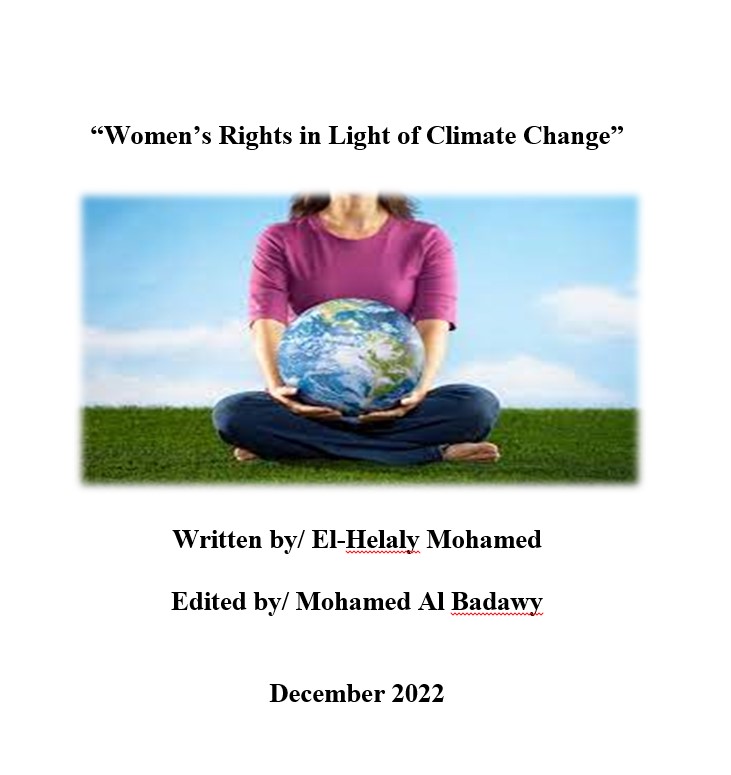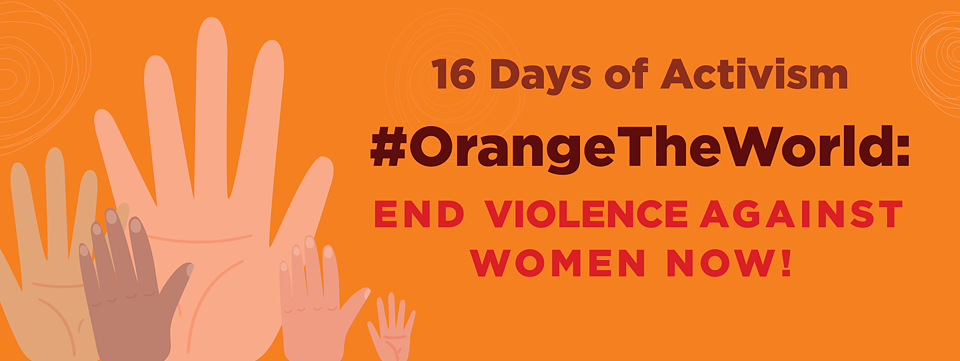Press Release
……………………………………………………………………………
Today, Thursday 8/12/2022, The Forum for Development and Human Rights Dialogue (FDHRD) issues its report, which deals with the study of climate change, the challenges of women’s empowerment and decision-making, and the extent of the impact of climate change on women and their rights. Climate change in the twenty-first century has become a reality in international politics. It affected the lives of millions of people who have been forced to leave their homes. There are people who are threatened with displacement and leave their homes, as well as seek asylum in safer places. There are also those who are stuck in their place, endangered, and cannot take refuge in a safer place.
The report indicated that women’s relationship with the environment is more closely linked and influential compared to men. One of the reasons that leads to this is that she is a mother who always needs to provide food security for herself and her children, especially during pregnancy and lactation. Women are more vulnerable to climate change.
The report also clarified climate change and the challenges of women’s empowerment by monitoring the most important negative effects resulting from climate changes that stand in the way of women’s empowerment and decision-making.
The report also referred to the impact of climate change on women. The relationship between climate change and human rights is complex, but there are some rights directly linked to the effects of climate change, including: the right to life which is affected by extreme weather events; the right to food, and the right to be free from hunger which is affected by the lack of food security and the risk of hunger; the right to healthy water which is affected by increased water stress; the right to health, which is affected by the stress of the health situation; and the right to adequate housing, which is affected by the high water level and floods.
The report concluded with the following recommendations:
- Preserving the environment by reducing greenhouse gases in order to combat climate change.
- Confronting the effects of climate change through concerted international efforts.
- Effectively implement the provisions of the climate agreements.
- Investing more in the field of technology in order to combat the negative effects of climate change.
- Conducting workshop initiatives urging to confront climate change and ways to adapt to it.
- Confronting climate change is a responsibility that should not be assumed by a specific group, but rather by all groups.
- Paying attention to women’s education and providing them with financial support in order to confront climate change, especially in countries affected by climate change.
- Empowering women by achieving effective equality between the genders.
- Increasing women’s participation in climate change decision-making, whether local or international.
For his part, Saeed Abdel Hafez, founder of the FDHRD, stressed that women and girls bear the brunt of environmental, economic and social shocks. But the same women and girls are also early adopters of new agricultural technologies, first responders when disasters strike, and important decision-makers in the household about energy and waste. Thud, climate action cannot be successful or sustainable if it does not include women.
Al-Hilali Muhammad, a researcher at the FDHRD, stressed that women have a prominent role in confronting climate change in various countries of the world, which indicates that women did not stand idly by, but rather had a role in many fields, and also indicates that women are equal to men, and even superior in some cases.








